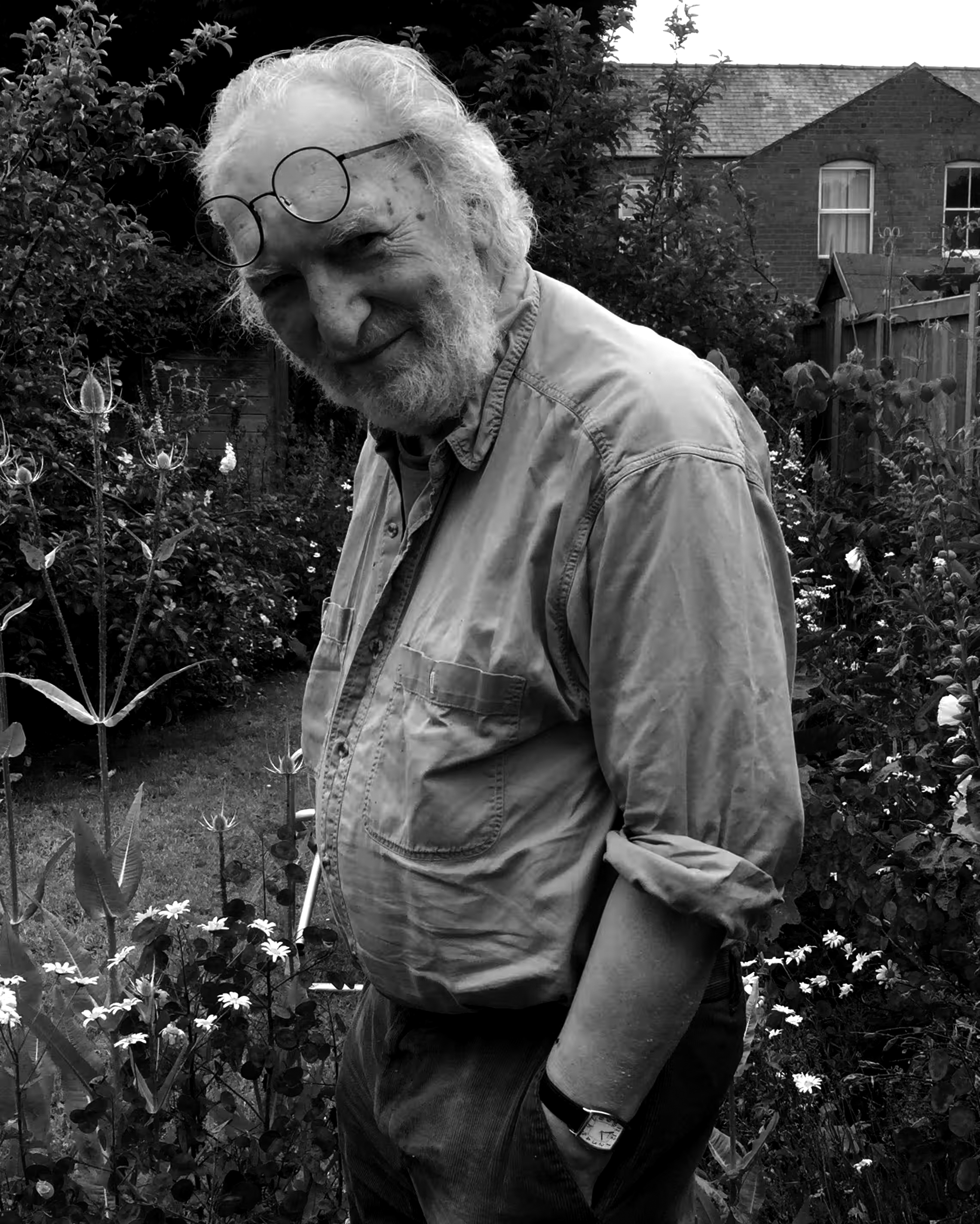
Nick Hedges ( English, 1943 - 2025 ), Wife of a retired security guard living in a slum estate at All Saints, Birmingham, 1971
Just nine days ago, on Friday, June 20, photographer Nick Hedges passed away at the age of 81. He lived his life with the firm belief that photography is a powerful tool for driving social change. He wasn’t alone in this conviction—and speaking for myself, someone who only shoots with a phone, I’m beginning to take that idea seriously.
Hedges was particularly active during the housing crisis in the United Kingdom, from the late 1960s through the early 1970s. He documented not just the poverty that engulfed entire communities, but the quiet dignity and resilience of those forced to endure it—while implicitly condemning the political failure to address inequalities that had long since become structural.
There is little doubt he was a kind, persuasive man—someone to whom dozens of families opened the doors to their private hells. From the silence of his images, he spoke with extraordinary eloquence for those who had no voice. His work became instrumental in the campaign that led to the 1977 Housing (Homeless Persons) Act, a landmark in British legislation that made local councils legally responsible for rehousing people living in precarious conditions.
Even if he had done nothing else, that alone would have earned him a modest but permanent place in the history of postwar photography. He spent the rest of his life recounting that experience, inspiring others, and shaping new generations of photographers during his years of teaching at the University of Wolverhampton—until he could no longer go on. He retired in 2003, tired and uncertain. It’s unclear whether he believed the new generation truly grasped the urgency of understanding the past in order to change the present.

Hedges consistently rejected artifice, choosing instead to reveal a stark and unvarnished truth. He shared in the hardship of his subjects with quiet humility. Each of his images is a fragment of life held in suspension, as if the people he portrayed had been waiting for him for years—waiting, at last, to begin to exist. They exude a deep dignity: that humble sanctity which only blooms amid the ruins.
One of those photographs is the subject of this reflection.
Taken in Birmingham in 1971, the image bears the title The Wife of a Retired Security Guard in All Saints. From the outset, it is devastating. Did this poor woman have no name of her own—no individual existence? If one wished to imagine the infinite, the ungraspable, it might be found in the crushing sorrow that this woman seems to exude. With the best of intentions, perhaps, Hedges pulls the focus back, introducing the one luminous element in the scene: a small, almost absurd lamp, glowing white. The light, a symbolic exit route, remains out of reach. In doing so, he diminishes her presence further, reduces her visual weight in the frame, cropping her at the knees—as if she were slowly sinking into anonymity and oblivion.
The kitchen, the dishes, the cloths hanging to dry—everything appears visibly clean. She herself, despite her confinement, seems to have poured her last strength into remaining clean. And yet, through today’s lens, how do we reconcile this image with narratives of self-improvement, of personal empowerment, when the very objects around her seem to speak of entrapment rather than liberation?
Here a pernicious doubt arises—almost accusatory, though born from empathy.
If we accept that space is an extension of the self—a material expression of the psyche, exposed and under constant pressure—then what do we make of the woman’s central placement, hands clasped in her lap, conveying both self-control and emotional exhaustion? Is this a reflection of her intrinsic humanity, or its slow erosion?
What I see are the remnants of a woman whose bodily vitality has been erased by deprivation and the imperative to "make do with what’s at hand." I would call this oppressive survival. The kitchen, her apparent post of duty, is also marked by a longing for rest—for escape, for air, for disappearance.
One imagines what Marx himself might have seen in such a setting: the early symptoms of voracious industrial capitalism, the alienation of the proletariat, and the crushing weight of domestic labor on women relocated to urban peripheries.
Following his theory of alienation, this woman’s kitchen is the spatial embodiment of a class relationship that perpetuates her poverty.
Imagine that Marx conceived communism to abolish precisely this—and that communism, in turn, replicated the very alienation it sought to end.
The guard’s wife, her mother’s daughter, her children’s mother—whether in 1857, in 1971, or in Cuba in 2026—did not shut herself in by choice. It was the material and productive conditions surrounding her that cast her into that space.
Her image is one of historical exhaustion, of a reality crushed under weight—and yet also of resilience.
But an achingly sorrowful one.











Comments powered by Talkyard.